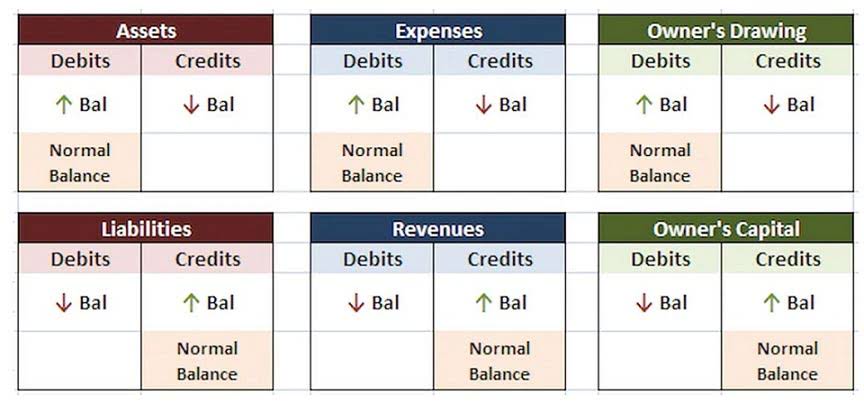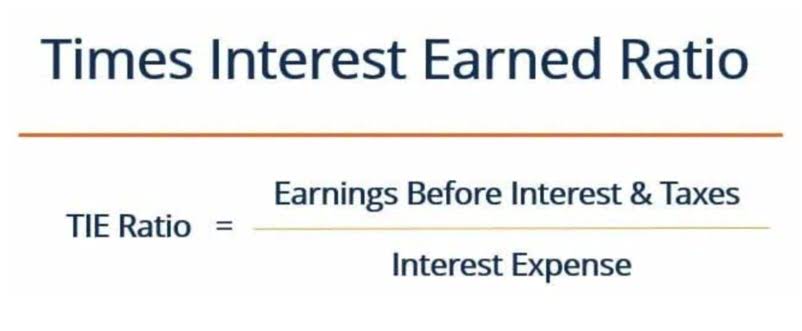
Accountants play a crucial role in ensuring financial transparency by adhering to ethical standards and regulatory requirements. Their primary responsibility is to Retail Accounting provide accurate and timely financial information that stakeholders can trust. This transparency fosters confidence among investors, creditors, and the public, which is essential for the smooth functioning of the financial markets. When businesses openly share their financial health, they empower stakeholders to make informed decisions. Transparency enhances corporate governance by ensuring ethical practices and compliance with regulations.
Agencies and Congress Can Take Actions to Better Manage Improper Payments and Fraud Risks
It involves the preparation and dissemination of financial statements that accurately reflect an organization’s financial position and performance. The demand for transparency in finance has grown exponentially in recent years, driven by increasing public awareness, regulatory scrutiny, and a series of high-profile financial scandals. Clear financial reporting is a cornerstone of financial transparency, providing stakeholders with a comprehensive view of an organization’s financial health. It ensures that all financial data is presented in a straightforward manner, making it accessible and understandable for investors, regulators, and the public.

Educate your team about financial data
- Financial transparency often requires a cultural shift within an organization, which can be met with skepticism.
- Understanding the financial health of a nonprofit organization requires a comprehensive look at various financial statements, one of which is the Statement of Cash Flows.
- These frameworks provide a standardized approach to financial reporting, ensuring that financial statements are comparable across different organizations and industries.
- Accountants and auditors work collaboratively to ensure that financial information is not only reliable but also accessible to stakeholders.
- Stakeholders are more likely to feel secure in their relationships with the organization, knowing that they have access to accurate and timely financial data.
- By adhering to ECFA standards, ministries affirm their commitment to their mission and values, ensuring that they manage resources wisely and honorably.
This includes making financial statements, reports, and data easily accessible and understandable to stakeholders, including investors, employees, and customers. In today’s interconnected global economy, financial transparency transparency plays a crucial role in fostering trust among stakeholders, including investors, consumers, and regulatory bodies. Financial transparency enables informed decision-making, which is essential for efficient market functioning. Accountants are pivotal in this process, as they ensure that financial statements are accurate and comply with established standards. In addition to accuracy, effective communication strategies are necessary for promoting financial transparency.
- Transparency is only effective when everyone involved understands the financial information being shared.
- This transparency not only promotes accountability but also encourages responsible budgeting and expenditure practices.
- Stakeholders, including investors, customers, and regulatory bodies, may lose confidence in an organization that fails to meet compliance standards.
- Organisations adopting these new trends will be better positioned to adapt to future challenges and take advantage of new opportunities.
- Presentation and disclosure standards dictate how information is displayed and what details must be provided, giving stakeholders a clear view of a company’s financial health.
- This transparency fosters trust among investors, creditors, and other stakeholders, as they rely on these documents for insights into the company’s performance and future prospects.
- Encourage open communication about financial decisions and train staff on ethical financial practices.
Financial Transparency: Disclosure requirements, compliance, best practices

This focus on sustainability benefits the organisation and contributes to broader economic stability. As a result, financial openness builds trust and empowers consumers to take control of their economic well-being. In addition to promoting transparency, open data initiatives can stimulate civic engagement and participation in decision-making processes.
Open communication with stakeholders

If you want to learn more about what cost-benefit analysis is and how to do it, keep reading as we dive into five key steps to streamline your financial evaluations and drive smarter decisions. Four types of accountability are corporate accountability, political accountability, government accountability, and media accountability. To do this right, you need to involve department heads and key personnel in the budgeting process. This way, departments will build their budgets from the ground up, detailing expenses and spotting possible cost-saving moves. When everyone understands their role in managing finances responsibly, it helps avoid costly mistakes, careless spending, and possible legal or compliance disputes down the road.
- This alignment not only benefits the company but also enhances employee satisfaction and engagement.
- This article explores the profound impact of transparency in finance, examining how it influences decision-making, safeguards consumers’ interests, and contributes to sustainable economic growth.
- Financial transparency serves as a cornerstone for encouraging ethical behavior within organizations.
- When organizations openly share their financial information, it fosters a culture of accountability and integrity.
- These reviews provide a structured opportunity to evaluate financial performance, identify discrepancies, and ensure that all financial activities align with the established goals and objectives.
- Companies should provide regular updates on financial performance, strategic initiatives, and other relevant information.
Informed choices

Additionally, the integration of data analytics into financial reporting promotes a culture of accountability within organizations. By providing clear and quantifiable insights, accountants can hold departments responsible for their financial performance. This transparency not only strengthens internal controls but also enhances the overall credibility of financial reporting in the eyes of investors and regulatory bodies. Accountants play a crucial role in monitoring financial processes to ensure accuracy and compliance with regulations. By implementing retained earnings balance sheet robust internal controls, they help prevent errors and fraudulent activities that could compromise financial transparency. This oversight is essential for maintaining stakeholder trust and ensuring that financial statements reflect the true state of an organization.